The Selects cumulative dataset provides a pooled set of Swiss election survey data which covers the period between 1971 and 2023.
We have just published our 2024 FORS Annual Report, which provides an overview of our main activities and developments over the past year.
Register now for the third online webinar on Authority data, standards and metadata. 28th of May (2:00–3:30pm). Hosted by Rita Gautschy (DaSCH) & Auriane Marmier (FORS).

Registration is now open for this conference, hosted by the Swiss Household Panel and TREE at the University of Lausanne on June 4–5, 2025.
All datasets are on SWISSUbase, with Wave 25 including new questions on asylum seekers and the environment.
Do you have questions about managing and sharing your social science research data? We’ve got answers. Every second Thursday of the month from 13:00 to 14:00 online.

Submit your proposal for this special issue by May 20, 2025.
Release of the MOSAiCH/ISSP 2024 data on “Digital Societies”, collected in spring 2024.
Have you ever wondered how your data is handled when you participate in one of our FORS surveys? To ensure full transparency, we have created a short video that takes you behind the scenes of our data security processes.
The Swiss Election Study Selects has been investigating turnout and electoral behaviour in federal elections since 1995.
The Sounding Board of Service Providers has just published a report with key recommendations to strengthen Open Research Data practices in Switzerland.
This doctoral study based on the SHP reveals that urban greenery and mixed land use significantly enhance life satisfaction, offering valuable insights for future urban planning.
Do you use SWISSUbase to share or access data? If you are interested in learning more about the platform, its services, or the teams and institutions behind SWISSUbase, visit our newly launched Info Website.
The final version of the ISSP 2021 Health and Health Care II data file offers insights into health attitudes and behaviours from Switzerland and 29 other member countries.
We are pleased to announce the release of our updated search tool, designed to provide a detailed overview of the available SHP questions and variables.
We are pleased to announce that the beta-version of wave 25 of the Swiss Household Panel has been published on SWISSUbase.
A new study found that older adults experienced increased stress and decreased life satisfaction and positive affect after the Covid-19 pandemic, indicating greater difficulties adapting to the uncertain post-pandemic world.
This package provides functions for extracting, assembling, and matching user-specified variable data into sequences with variables from unique files.
The survey data collected in the latest round of the European Social Survey (ESS) is now available for 13 countries, including Switzerland.
FORS is pleased to be part of the founding assembly and announces the appointment of Georg Lutz, Director of FORS, to the position of President within SSHOC-CH.
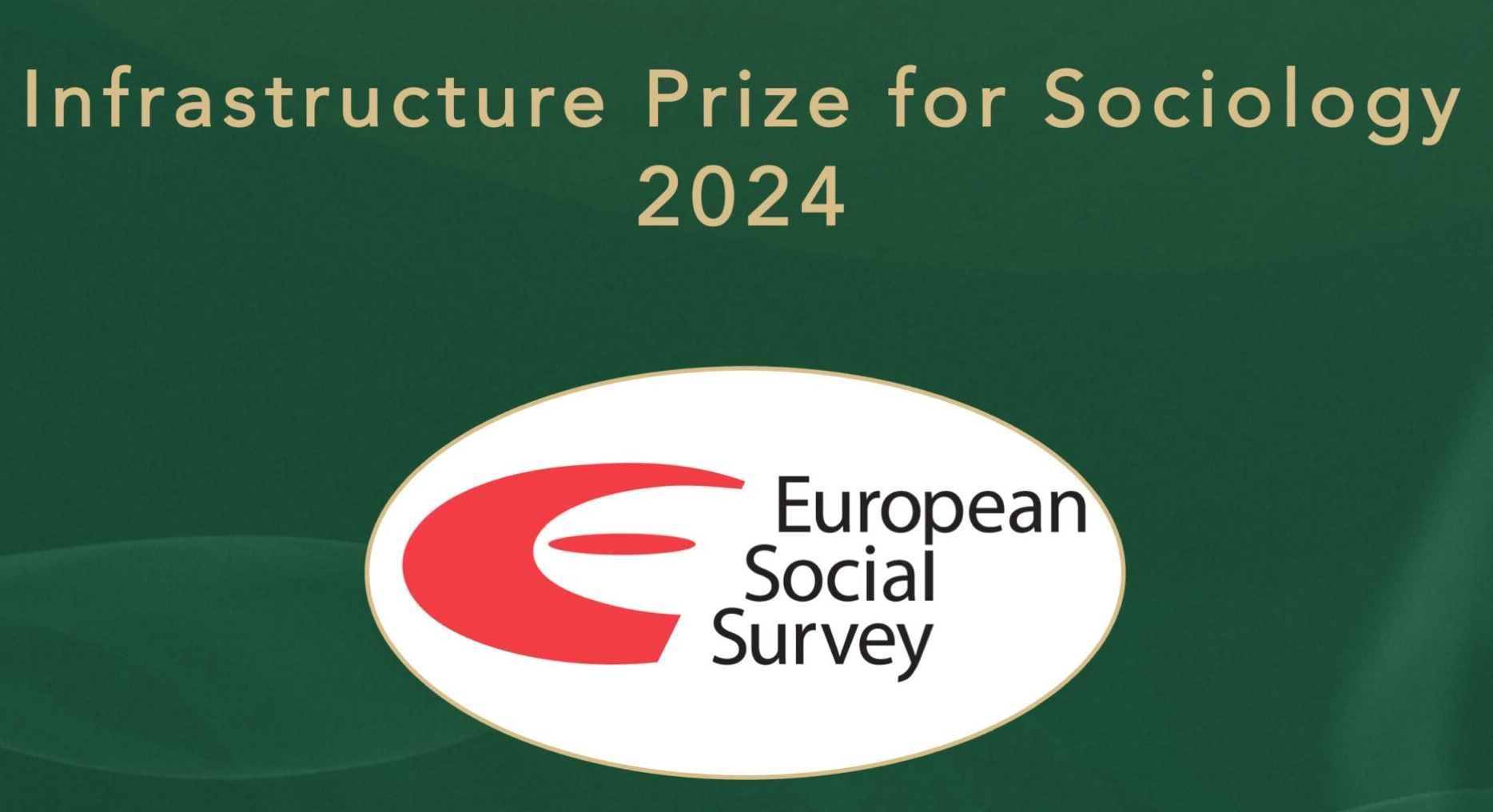
The ESS is honored to receive this prize in recognition of their collective work to deliver high quality data infrastructure to European social scientists.
The SHP team has published a call for contributions for the Research Topic “Exploring Social Stratification Dynamics: Insights from Longitudinal Survey Data”. Submit your abstract until July 31, 2024.

We are delighted to announce the release of our Annual Report 2023.
The registration and the programme are out now. In response to requests from past participants, 3 new courses are introduced this year.
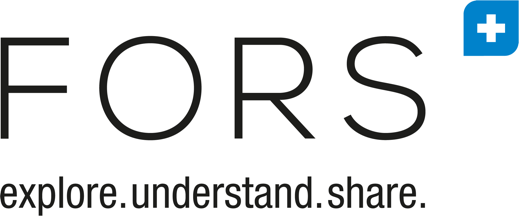









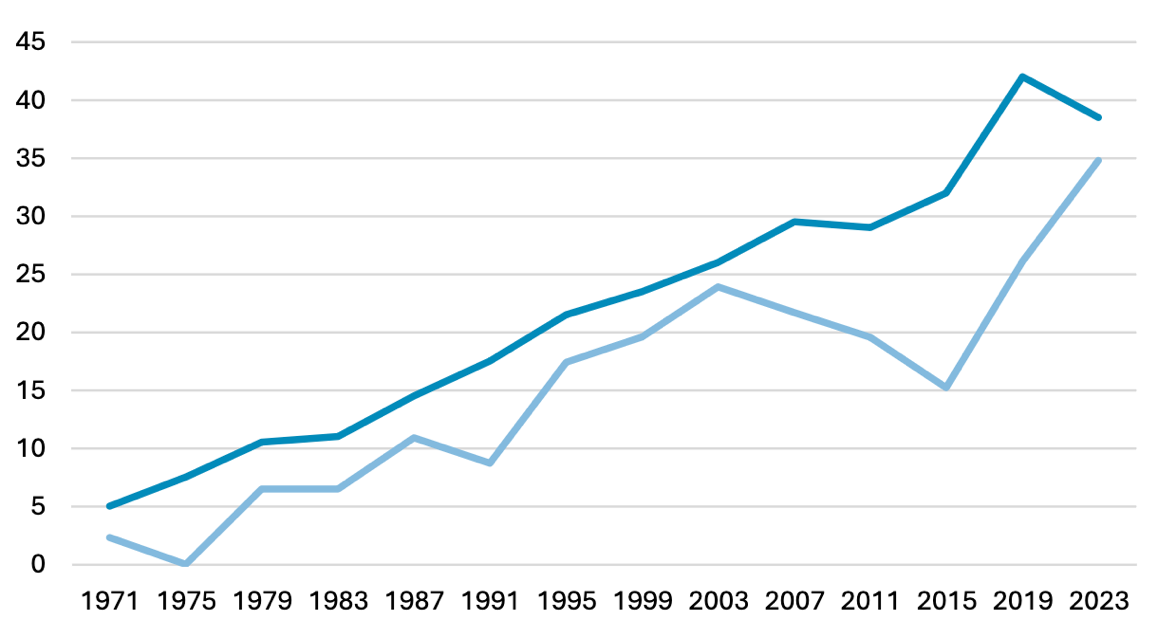

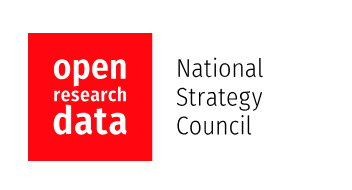

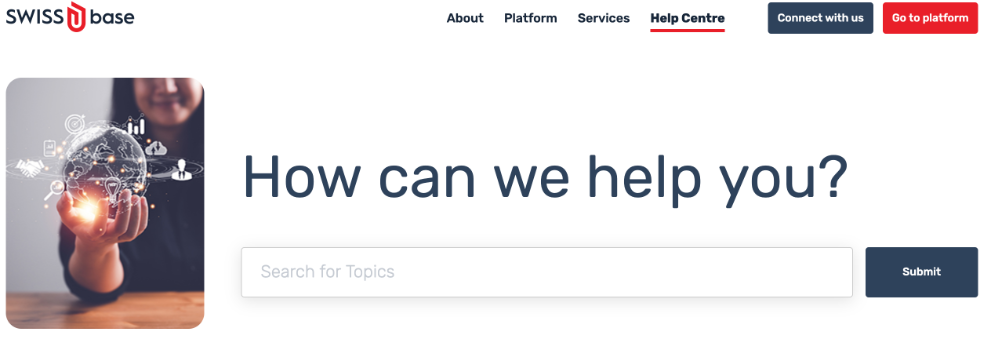

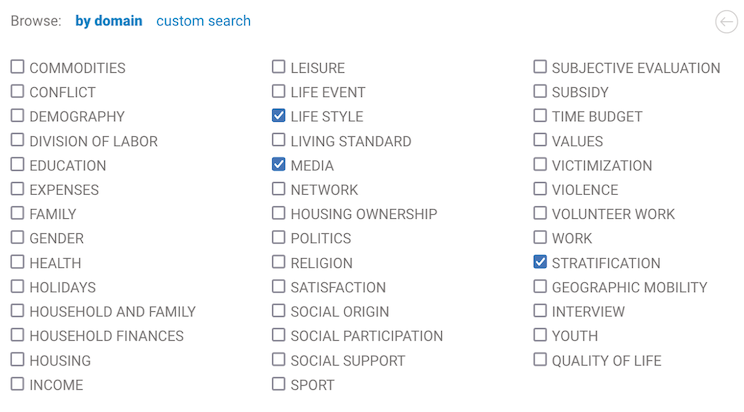





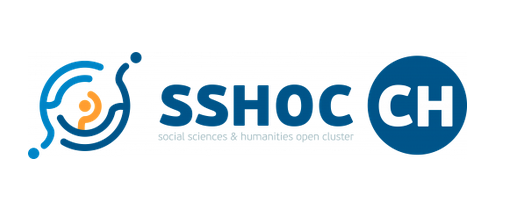
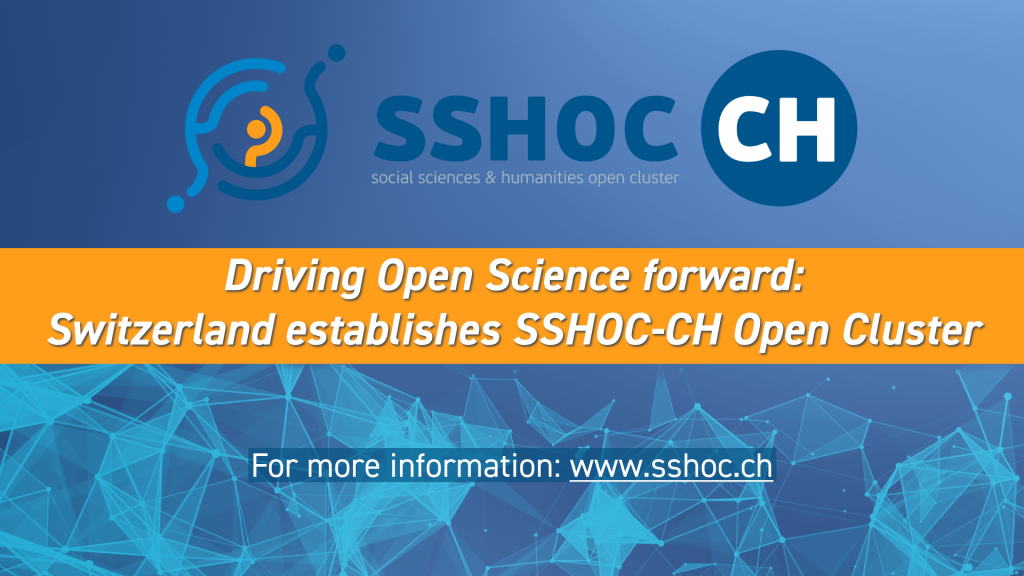
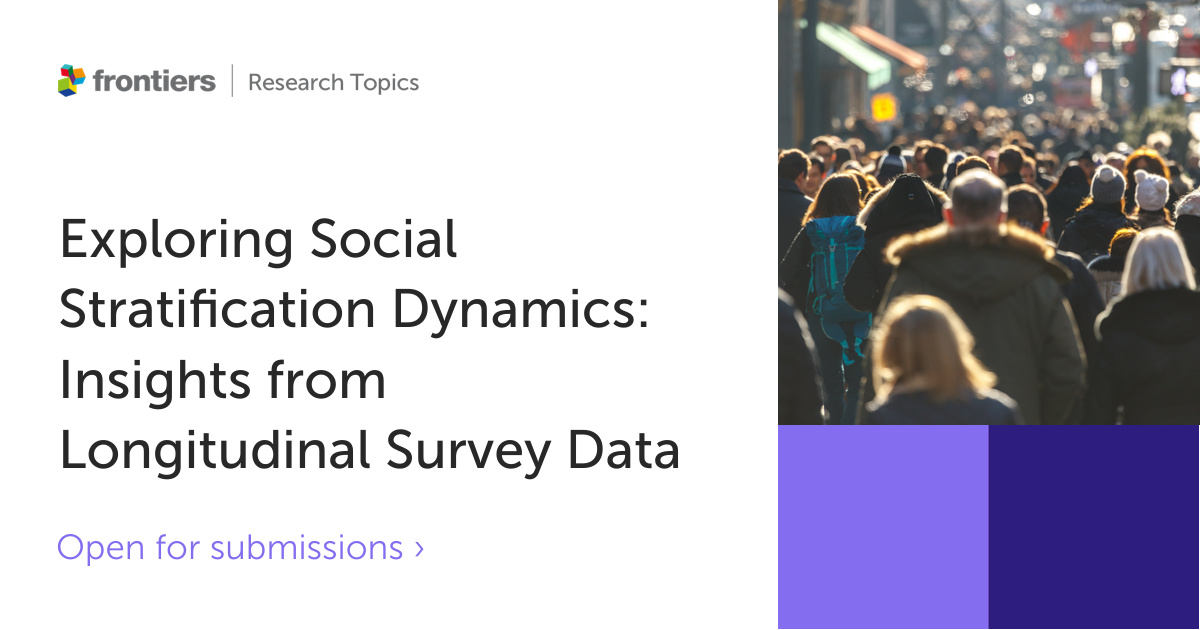



 Bâtiment Géopolis,
Bâtiment Géopolis, +41 (0)21 692 37 30
+41 (0)21 692 37 30

